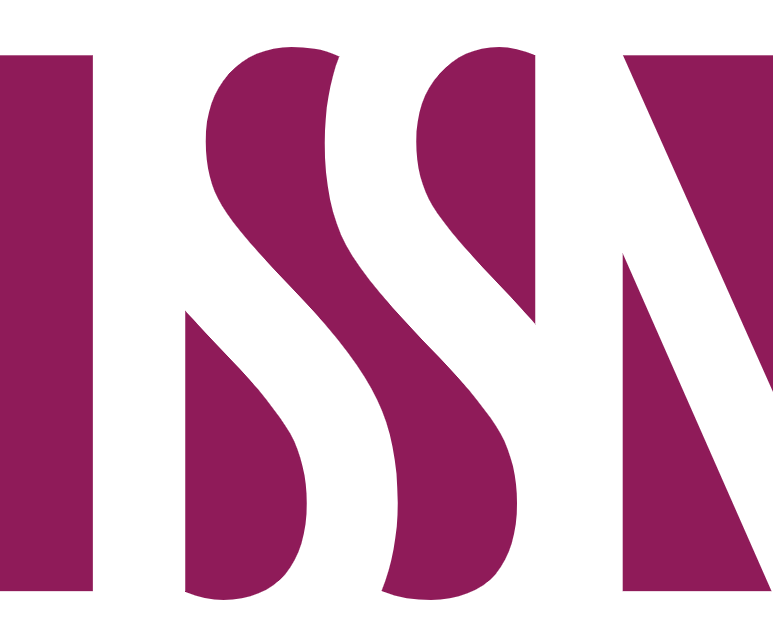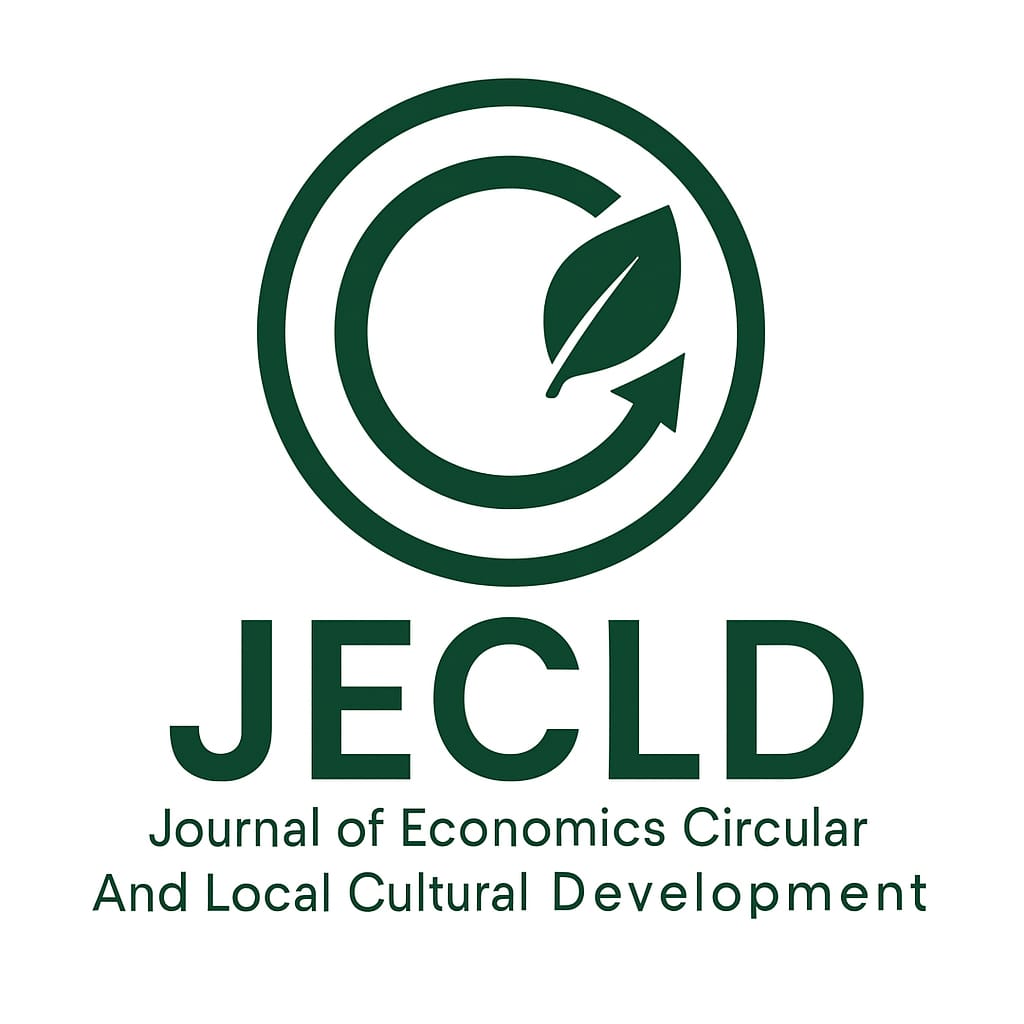
The Journal of Circular Economics and Local Cultural Development (JCECD) is committed to maintaining the highest standards of publication ethics and upholding the integrity of the academic record. We adhere to the principles of ethical publishing as outlined by the Committee on Publication Ethics (COPE) and expect all parties involved in the publication process—authors, editors, and peer reviewers—to comply with these standards.
Authors submitting their work to JCECD are expected to:
Originality and Plagiarism: Ensure that their work is entirely original and that any words, data, or ideas of others are appropriately cited or quoted. Plagiarism, self-plagiarism, and duplicate submission are strictly prohibited (refer to our Plagiarism Policy for details).
Accuracy and Data Integrity: Present their research results accurately and honestly. Data fabrication or falsification is considered serious misconduct. Authors may be asked to provide the raw data in connection with a paper for editorial review and should be prepared to provide public access to such data if practicable.
Authorship: Ensure that all individuals who have made a significant scientific contribution to the research are listed as authors. All authors must have approved the final version of the manuscript and agreed to its submission for publication. Corresponding authors should ensure that all co-authors have seen and approved the final version of the paper and have agreed to its submission for publication.
Disclosure of Conflicts of Interest: Disclose any financial or other substantive conflicts of interest that might be construed to influence the results or interpretation of their manuscript. All sources of financial support for the project should be disclosed.
Acknowledgement of Sources: Provide proper acknowledgment of all sources used in the research and ensure that all publications cited in the manuscript have significantly contributed to the reported work.
Promptness and Corrections: Notify the journal editor immediately if they discover a significant error or inaccuracy in their own published work. They should cooperate with the editor to retract or correct the paper.
Hazards and Human/Animal Subjects: Clearly identify any unusual hazards inherent in the use of chemicals, procedures, or equipment in the study. If the work involves human or animal subjects, authors must ensure that the manuscript states that all procedures were performed in compliance with relevant laws and institutional guidelines and that the appropriate institutional committee(s) have approved them.
Editors of JCECD are responsible for:
Fair Play and Objectivity: Evaluate manuscripts solely on their academic merit (importance, originality, validity, clarity, and relevance to the journal's scope) without regard to the authors' race, gender, sexual orientation, religious belief, ethnic origin, citizenship, or political philosophy.
Confidentiality: Maintain the confidentiality of submitted manuscripts and their content until they are published. They should not disclose any information about a submitted manuscript to anyone other than the corresponding author, reviewers, potential reviewers, and the publisher, as appropriate.
Disclosure and Conflicts of Interest: Decline to consider manuscripts where they have conflicts of interest resulting from competitive, collaborative, or other relationships or connections with any of the authors, companies, or institutions associated with the papers.
Timeliness: Strive to ensure a timely peer-review process and publication, without compromising quality.
Journal Standards: Ensure that all published research adheres to internationally accepted ethical guidelines.
Addressing Misconduct: Be vigilant in pursuing suspected cases of research and publication misconduct. Editors will follow COPE guidelines when dealing with allegations of misconduct.
Reviewers for JCECD play a critical role and are expected to:
Contribution to Editorial Decisions: Assist the editor in making editorial decisions and, through the editorial communication with the author, contribute to the improvement of the paper.
Promptness: Respond to invitations to review promptly and decline if they feel unqualified or unable to complete the review within the required time.
Confidentiality: Treat all manuscripts as confidential documents. They must not show or discuss submitted manuscripts with others except as authorized by the editor.
Objectivity and Constructiveness: Conduct reviews objectively and provide clear, constructive, and well-supported feedback that helps the authors improve their manuscript. Personal criticism of the author is inappropriate.
Acknowledgement of Sources: Identify relevant published work that has not been cited by the authors. Any statement that an observation, derivation, or argument had been previously reported should be accompanied by the relevant citation.
Disclosure of Conflicts of Interest: Alert the editor to any potential conflicts of interest (financial, institutional, collaborative, or other relationships) and decline to review if such conflicts exist.
Awareness of Ethical Issues: Be alert to ethical issues and report any suspected plagiarism, redundant publication, or research misconduct to the editor.
JCECD takes allegations of misconduct seriously. The journal will follow the COPE Flowcharts and Guidelines when dealing with cases of suspected misconduct (including plagiarism, data fabrication/falsification, authorship disputes, undisclosed conflicts of interest, and redundant publication). If a suspected case of misconduct is brought to the editor's attention, the editor will investigate the matter, potentially involving the authors' institutions, and take appropriate action as per COPE guidelines, which may include publishing a correction, retraction, or other measures.
This policy is designed to foster a responsible and ethical publishing environment for all contributors to JCECD.

 |
|
